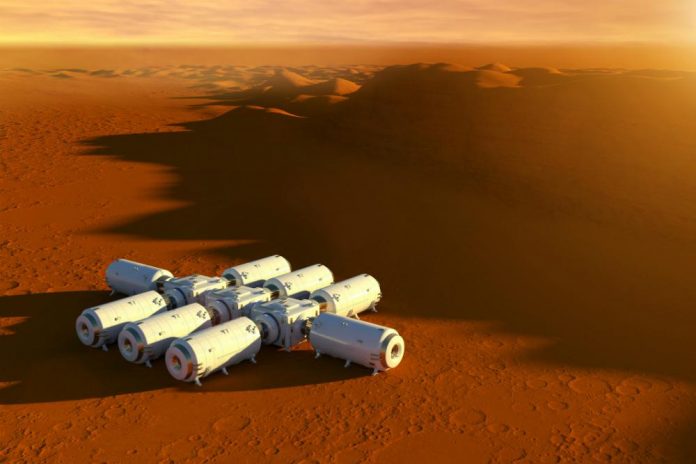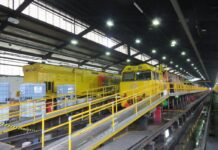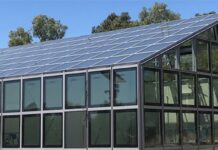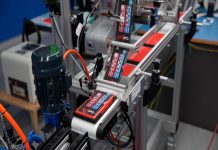
University of Adelaide will become the home of a new centre focused on making long-term space exploration viable.
The new Centre for Sustainable Planetary and Space Resources (CSPSR) will be headed by Associate Professor of Off-Earth Resources John Culton III from the University’s School of Civil, Environmental & Mining Engineering (CEME).
Mr Culton – a retired US Air Force Colonel with 27 years of experience in the US defence sector – said the centre would bring together experts who will develop ways to sustainably use resources in space.
“Our new Centre will focus existing expertise from the University of Adelaide and that of potential partners and stakeholders, to meet the challenge to find a sustainable way to use resources in space,” Mr Culton said, adding that the next space revolution rests on the ability to produce materials and structures in space.
“Fifty years on from the ‘giant leap for mankind’ the new chapter in space exploration will focus on a sustainable future in space,” he continued.
“Transporting resources into space is not viable for long-term space exploration, as mission payload costs are thousands of dollars per kilogram.
“This provides the economic impetus to find viable solutions to locating, extracting and processing resources where they are found and doing so in a sustainable way.”
Professor Michael Goodsite – Interim Director of the University of Adelaide’s Institute for Minerals and Energy Resources (IMER) – said lessons learned from developing in-situ resource utilisation in space would have a direct impact on improving sustainable use of terrestrial resources, in much the same way that technology developed for early space exploration was applied to help improve life on Earth.
“Long-term space exploration requires a fundamental rethinking of technologies, processes and infrastructure,” Mr Goodsite added.
He said the University’s strategic plan ‘Future Making’ has identified space as a key industry engagement priority.
“A collaborative approach is essential. Experts in machine learning will find ways to enable robots operating in space to see and move independently, and experts in systems automation will enable them to operate as efficiently as possible and minimise waste,” Professor Goodsite continued.
“I look forward to engaging with our strong existing strategic partners and building new relations to generate and pursue new opportunities together.”
Professor Volker Hessel, who will serve as CSPSR Research Director, noted that while the technology to make in-situ resource utilisation in space viable has yet to be perfected due to the unique constraints of space, there are existing synergies with terrestrial mining that could be used as a platform for development.
“The Centre for Sustainable Planetary and Space Resources will enable us to jointly explore disruptive interdisciplinary research which is unseen within our existing structures,” Mr Hassel said.
“We will use this momentum, in a transdisciplinary fashion, to translate expertise in terrestrial industry into viable in-situ resource utilisation in space.”




















